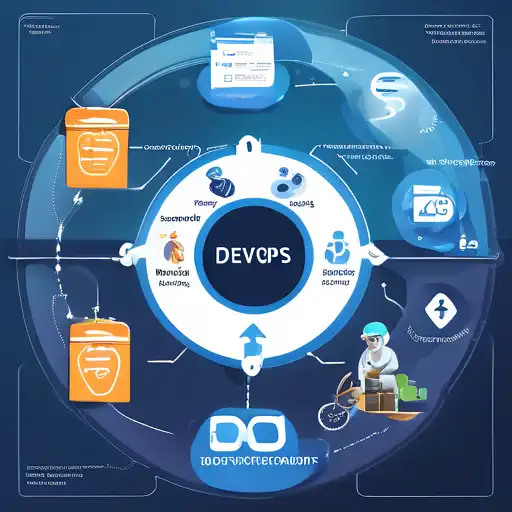Introduction to DevOps in Software Development
DevOps has revolutionized the way software is developed, deployed, and maintained. By bridging the gap between development and operations teams, DevOps practices ensure a smoother, more efficient software development lifecycle (SDLC). This article explores the multifaceted benefits of DevOps and how it enhances the SDLC.
The Core Benefits of DevOps
DevOps introduces a culture of collaboration and automation that significantly improves the SDLC. Here are some of the core benefits:
- Improved Collaboration: DevOps fosters a culture of shared responsibility, transparency, and faster feedback between development and operations teams.
- Increased Efficiency: Automation of repetitive tasks frees up time for developers to focus on more critical aspects of the project.
- Faster Time to Market: Continuous integration and continuous delivery (CI/CD) pipelines enable quicker releases, giving businesses a competitive edge.
- Enhanced Quality: Automated testing and monitoring ensure that the software is reliable and meets quality standards.
DevOps Practices That Improve the SDLC
Several DevOps practices directly contribute to the improvement of the SDLC. These include:
- Continuous Integration and Continuous Delivery (CI/CD): Automates the software release process, making it faster and more reliable.
- Infrastructure as Code (IaC): Manages and provisions computing infrastructure through machine-readable definition files, rather than physical hardware configuration.
- Monitoring and Logging: Tracks the performance of applications and infrastructure to proactively identify and resolve issues.
- Microservices: Encourages the development of applications as a collection of small services, improving scalability and flexibility.
Real-world Impact of DevOps
Companies that have adopted DevOps report significant improvements in their software development processes. For instance, a recent case study highlighted how a tech giant reduced its deployment times by 75% after implementing DevOps practices. Such examples underscore the transformative potential of DevOps in the SDLC.
Conclusion
DevOps is not just a set of practices but a culture that promotes efficiency, collaboration, and quality in the software development lifecycle. By embracing DevOps, organizations can achieve faster delivery times, improved product quality, and higher customer satisfaction. As the software development landscape continues to evolve, DevOps will remain a key driver of innovation and efficiency.
